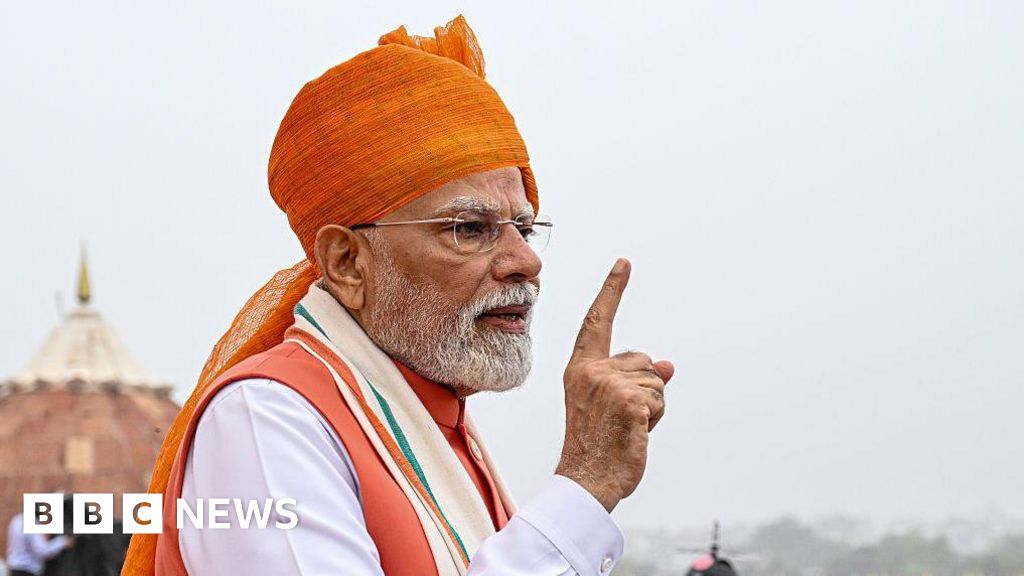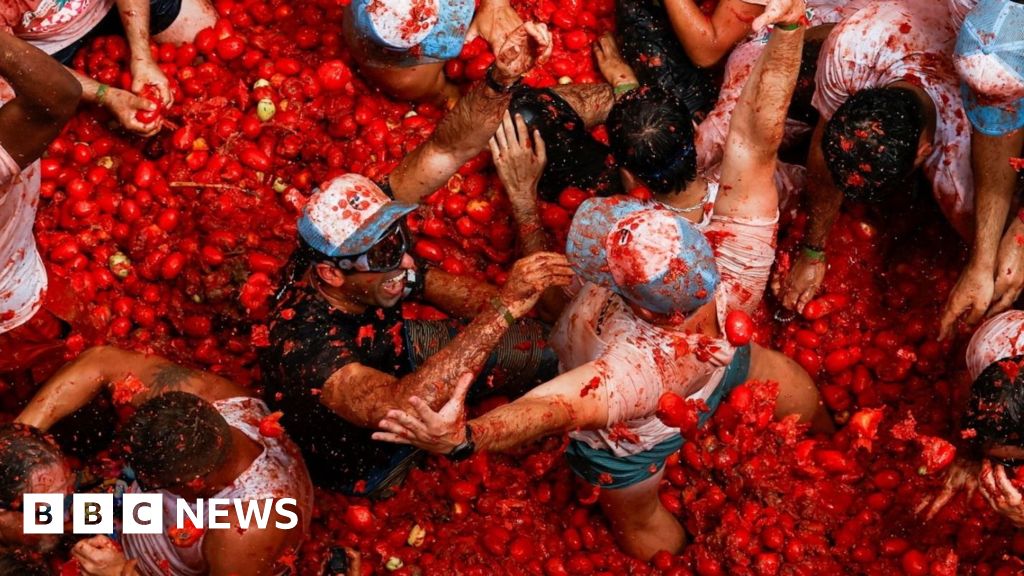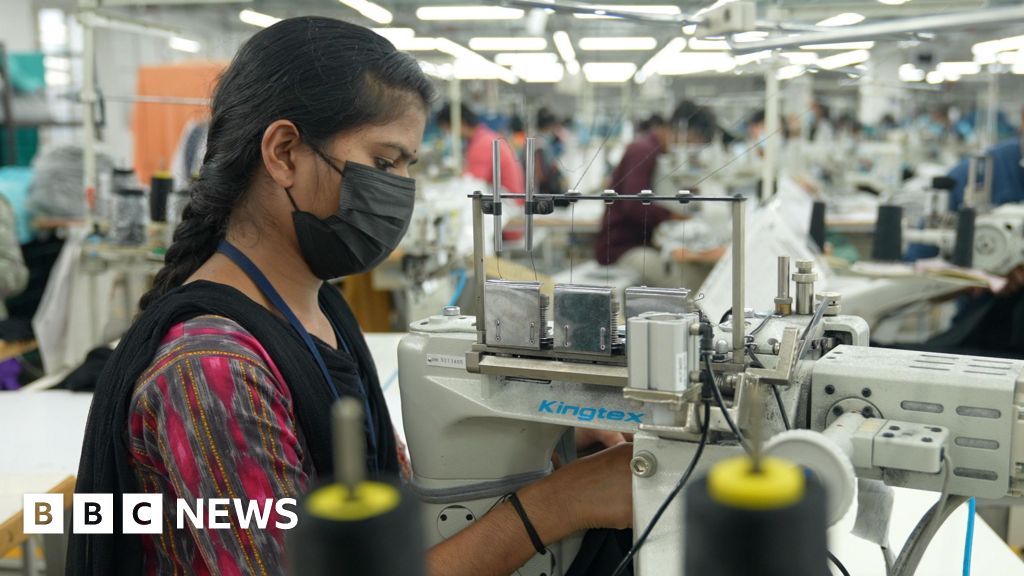Around 70% of tomatoes consumed in the U.S. are sourced from Mexico, leading to fears of increased supermarket prices and adverse effects on businesses utilizing tomatoes, such as pizzerias and Mexican restaurants. The tariff comes after the U.S. exited a longstanding trade agreement, with officials asserting that it was needed to protect local farmers from unfair competition.
This bold move was announced by U.S. Secretary of Commerce Howard Lutnick, who highlighted concerns regarding how unfair pricing from Mexican imports has placed American farmers at a disadvantage. In response, Mexico has dismissed these accusations, emphasizing the high quality of its tomatoes and the reliance of the U.S. on these imports. The Mexican government is seeking negotiations to mitigate the impact on its tomato producers, who face significant challenges due to the sudden shift in trade dynamics.
Historically, U.S. tomato growers have been advocating for protective measures since 1996, pointing to alleged low pricing practices by Mexican competitors. The U.S. government has taken various actions over the years, including issuing antidumping orders and entering agreements with Mexico to regulate pricing and imports. The latest agreement, signed in 2019, has now been abandoned, prompting further market instability.
The implications of this tariff extend beyond tomato producers, potentially impacting a wide range of food businesses that depend heavily on Mexican tomatoes. Additionally, President Trump's administration is contemplating a more extensive 30% tariff on all Mexican goods, escalating tensions surrounding international trade, particularly in the context of his ongoing policies regarding Mexico's role in drug trafficking.
This competitive trade environment has led to significant apprehensions, not just among growers, but across the economy, and may alter consumer choices as Americans grapple with the potential rise in food prices stemming from this tariff.
This bold move was announced by U.S. Secretary of Commerce Howard Lutnick, who highlighted concerns regarding how unfair pricing from Mexican imports has placed American farmers at a disadvantage. In response, Mexico has dismissed these accusations, emphasizing the high quality of its tomatoes and the reliance of the U.S. on these imports. The Mexican government is seeking negotiations to mitigate the impact on its tomato producers, who face significant challenges due to the sudden shift in trade dynamics.
Historically, U.S. tomato growers have been advocating for protective measures since 1996, pointing to alleged low pricing practices by Mexican competitors. The U.S. government has taken various actions over the years, including issuing antidumping orders and entering agreements with Mexico to regulate pricing and imports. The latest agreement, signed in 2019, has now been abandoned, prompting further market instability.
The implications of this tariff extend beyond tomato producers, potentially impacting a wide range of food businesses that depend heavily on Mexican tomatoes. Additionally, President Trump's administration is contemplating a more extensive 30% tariff on all Mexican goods, escalating tensions surrounding international trade, particularly in the context of his ongoing policies regarding Mexico's role in drug trafficking.
This competitive trade environment has led to significant apprehensions, not just among growers, but across the economy, and may alter consumer choices as Americans grapple with the potential rise in food prices stemming from this tariff.




















